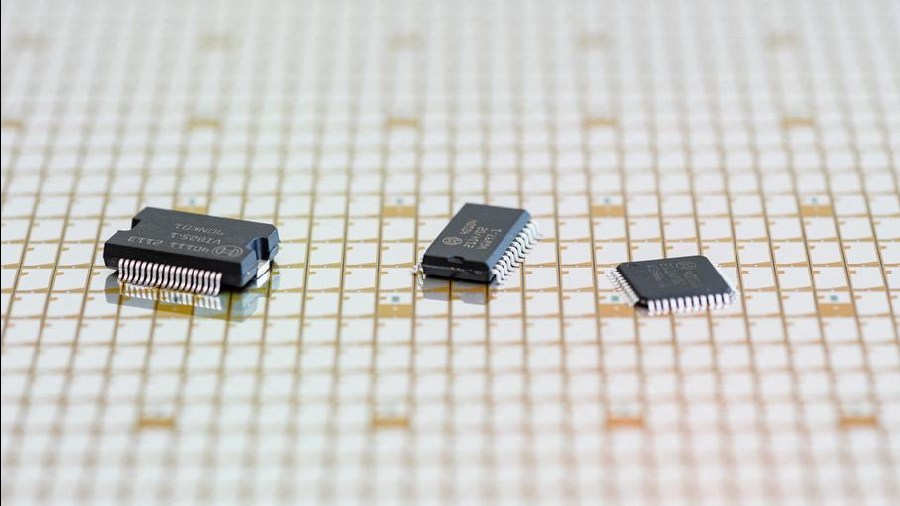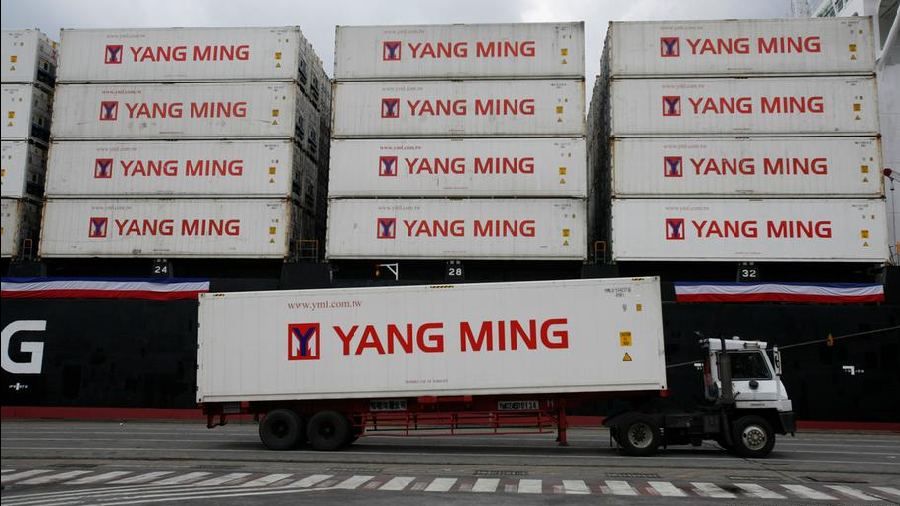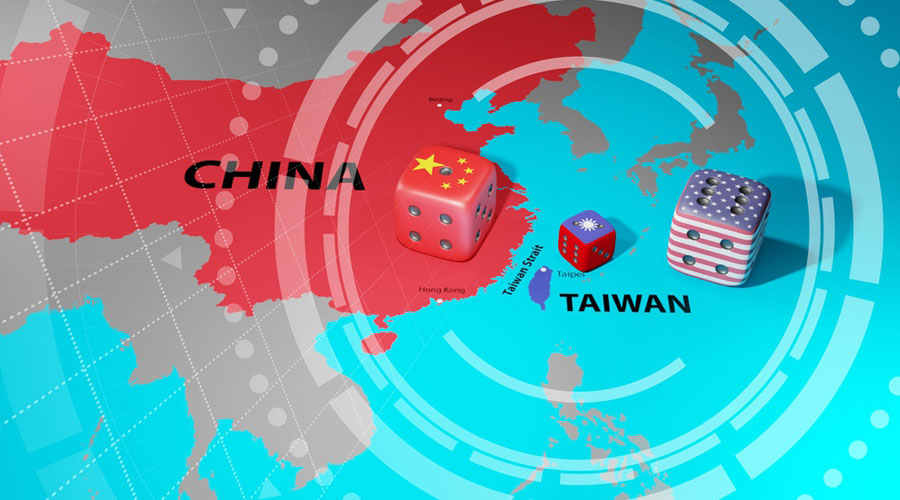The United States announced on Wednesday that it will begin formal negotiations with Taiwan on a new wide-ranging trade initiative, in a bid to deepen economic engagement.
It's Washington's latest show of support for Taipei amid deteriorating ties with China over the status of the self-governed democratic island.
The United States and Taiwan unveiled the plan for closer trade and investment cooperation in June.
The announcement to launch the talks comes months after the Biden administration excluded Taiwan from the Indo-Pacific Economic Framework (IPEF), Washington's Asia-focused economic partnership with 13 countries, designed to counter China's growing influence.
Like IPEF, the negotiations with Taiwan will likely not include reduced tariffs or an expansion of market access.
The first round of the talks will take place in early autumn, according to the Office of the US Trade Representative.
Taiwan's top trade negotiator, John Deng, said he hoped that would ultimately lead to a free trade agreement with the United States.
How strong are US-Taiwan trade ties?
The United States currently has no diplomatic relations with Taiwan but maintains close unofficial ties with Taipei.
Washington is also the island's most important security backer, providing critical military gear to Taipei for self-defense.
Both sides have significant trade ties. Taiwan is the US' ninth-largest trading partner, with total trade in goods valued at $114.1 billion in 2021, according to the US Congressional Research Service.
Taiwan's top exports to the United States include electrical machinery, vehicles, plastics, and iron and steel products, US government data show.
The island, home to about 23 million people, boasts a GDP of around $700 billion (€694 billion).
Taiwan is also an export and global chip-manufacturing powerhouse, occupying a key position in technology supply chains.
Over 90% of advanced semiconductors under 10 nanometers — which are used in a wide range of products, from mobile phones and laptops to cars and missiles — are made on the island, according to the Boston Consulting Group. Taiwanese firms also play key roles in chip design, packaging and testing.
Taiwan is a major supplier of semiconductors to US firms.
Overall, in 2021 Taiwanese businesses in all sectors received about $200 billion worth of US export orders.
What issues hinder closer links?
Still, there are a number of irritants that hinder closer trade and investment links.
Disagreements include Taiwan's barriers on US agricultural products such as pork, rice and genetically modified goods, as well as high tariffs on items like motorcycles.
Washington has also been pushing for greater access to the Taiwanese market for US firms, elimination of nontariff barriers and stronger protection for intellectual property rights.
The planned talks now will likely attempt to create more alignment on the issues between the economies.
On Wednesday, the Office of the US Trade Representative said the talks would cover agriculture, labor, the environment, digital technology, the status of state-owned enterprises and "nonmarket policies."
China is Taiwan's most important trade partner
Beijing has slammed the latest announcement and called on Washington to stop its engagement with Taipei and "stop making misjudgments."
China is Taiwan's most important trading partner, with over 40% of the island's exports going to China and Hong Kong in 2021. And around 22% of Taiwanese imports originated from China.
Taiwan is also among the top investors on the mainland, with Taiwanese firms such as Hon Hai Precision Industry — commonly known as Foxconn, which assembles Apple's iPhones as well as gadgets for many top global brands — operating factories and employing hundreds of thousands of workers there.
According to the government in Taipei, from 1991 through the end of May 2021, Taiwanese companies invested about $194 billion in a total of 44,577 Chinese projects.
But in recent years, as tensions rose between Beijing and Taipei, China has tried to impose economic pain by cutting tourism to Taiwan and seeking to marginalize Taiwan in international trade, among other things.
And, in retaliation for the recent high-profile visit to Taipei by the speaker of the US House of Representatives, Nancy Pelosi, China slapped a ban on imports of citrus, fish and hundreds of other Taiwanese food products.
Beijing also banned the export of sand to Taiwan that the construction industry depends on.
But the Chinese government hasn't imposed any restrictions on the flow of microchips or semiconductors, components that are needed by factories in China.

Taiwan is a global chip-manufacturing powerhouse, producing over 90% of semiconductors under 10 nanometers worldwide Deutsche Welle
Diversifying away from China?
President Tsai Ing-wen's government has been trying to diversify Taiwan's economy away from China and reduce the island's reliance on the Chinese mainland. Striking a trade agreement with the US would help Taipei achieve that goal.
A US-Taiwan deal could also prompt other countries to start similar trade talks with Taipei.
Furthermore, it could bring the Taiwanese economy more in line with those of IPEF countries.
Matthew Goodman, a trade expert at Washington's Center for Strategic and International Studies, told Reuters in June that there was significant content overlap between the Taiwan initiative and IPEF.
"I think it's reasonable to conclude that, yes, the administration is looking at this initiative with Taiwan as a possible parallel pathway to its ultimate participation in IPEF itself," Goodman said, adding that US officials were unlikely to emphasize it publicly.











